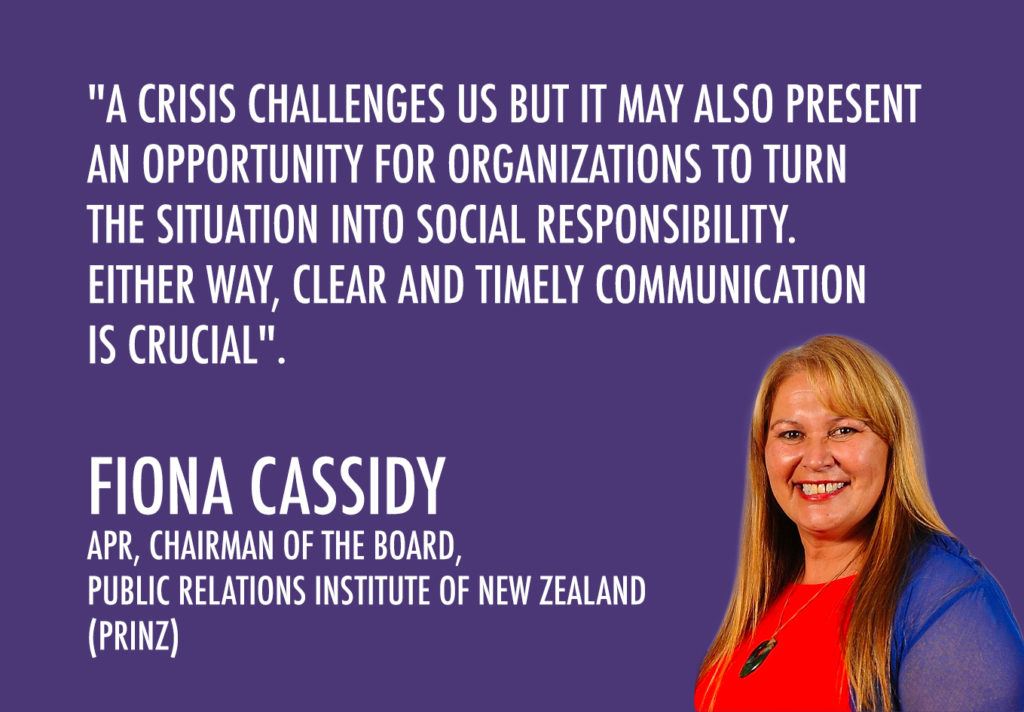During the 26th PR Congress held at the SMX Convention Center, the importance of crisis communication has been given new and different limelight when it comes to its presence in every company.
Organizations, whether founded on entrepreneurial, commercial, industrial or political objectives, face crises throughout the course of their operation or existence. A crisis may result from a natural cause or could rise from a man-made activity or action. It may be big or small, affect internal or external stakeholders or both, and has an impact that may be either short-term or longer-lasting.
Regardless of the nature, size, impact or duration of a crisis, it has the ability to define – or redefine in some cases the direction of the growth trajectory of an organization. many companies’ fate has been changed by how they responded to and managed a crisis.

A growing number of enterprises and corporations invest in a manual to guide them on what to do and how to react should a crisis occur. But despite the necessity of having such a reference material, many organizations find themselves having to take a reactive approach instead of a proactive one when it comes to crisis management.
Apart from urgency and cost considerations, PR and communication professionals struggle with a slew of potential scenarios when crafting a response or communication plan in responding to or managing a crisis. More importantly, given today’s political climate and consumer’s heightened involvement in social discourses, crisis communicators must tread carefully lest they are seen negatively by their publics or upset certain sectors of the society either of which can make the situation even worse. So in many cases, the main question is: IS THERE A BETTER WAY TO DEAL WITH CRISIS?
MESSAGING IS KEY
Industry expert notes that while readiness is important in managing a crisis, knowing “how” to respond is one thing. Fiona Cassidy, APRand chairman of the board of the Public Relations Institute of New Zealand (PRINZ), is well aware of the value of a well-thought-out plan in handling a crisis, especially an impact in might have on the community for the long term.

Public Relations Society of the Philippines (PRSP) president Andy Saracho, APR noted how crisis communication strategies may differ across industries. “What’s important is to be able to address the concerns of the different stakeholders in the most truthful, sensitive and timely to our publics to provide them with the information that they need at the time they need it,” said Saracho.
The PR congress this year discussed the key communication issues that have been challenging PR professionals in the country and to calibrate the PR practice in the Philippines against global standards.
With additional reports – The Philippine Star
Acknowledge photo source here:
Philippine Primer






